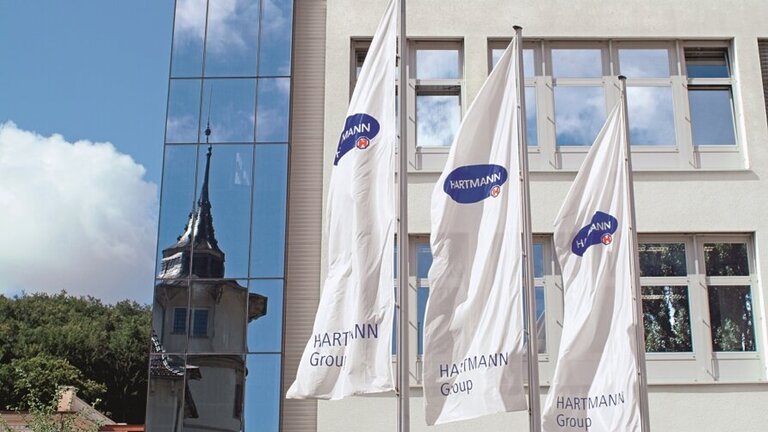The Hartmann Group, with its headquarters in Heidenheim an der Brenz, operates internationally as a provider of innovative medical solutions. In future, the company also aims to apply this innovation mentality to the corporate real estate management system. ‘The overall real estate management system creates transparency, develops standards and offers the Hartmann Group significant added value in the strategic development and operation of the global property portfolio,” says Stefanie Meinzer, who is responsible for REM at Hartmann. Drees & Sommer will support the company and help it to attain the goal of combining its real estate activities in areas such as planning, building, operation, rental management and controlling. The aim is to design new processes for cooperation between the group companies and to develop a suitable operating model for an internal and external procurement strategy. A further goal is to establish a dedicated control system which reflects the relevant demands placed on Hartmann's real estate management system.
First organize, then digitize
To link information meaningfully at both the property level and the portfolio level and use it for centralized real estate management, a standardized and consistent data concept is needed which will guarantee reliable and up-to-date data. This leads to a number of questions, i.e. how can long-term budget planning develop in the light of the current condition of the buildings, how long is the remaining term of the relevant rental contracts, how do rents and facility management costs compare with the market and how is the demand for space in the company's core business developing?
Hartmann is extending its CAFM system to cater for the effects of digitization on the real estate management system. The existing data are collected, harmonized, digitally stored, linked and centrally controlled. The points of contact between owners, service providers and users can then be defined more clearly and used more effectively and efficiently. ‘Any company which decides to digitize its real estate management like Hartmann must start by collecting heterogeneous data and processing the data so that they can be integrated into the existing system. In the long term, this investment will bring its own reward in the form of consistent and lean processes and significant quality and cost benefits,’ says Thomas Häusser, a partner of Drees & Sommer SE. To master these challenges, the operator model that has been developed and the organizational design and interaction between the central function and the local units, processes and tools are being analyzed and implemented in a pilot stage at the Hartmann AG headquarters. The aim is to carry out the project in phases, first in the German locations and then internationally.
Modern working environments in sustainable buildings
Hartmann regards new working environments and the goal of sustainability as challenges for modern real estate management. Therefore, a concept for a forward-looking occupation and use of the buildings at the Heidenheim location must be developed in cooperation with the workplace experts of Drees & Sommer, and then this concept must be established as a world-wide standard. The new team-oriented workplace concept will reflect the user requirements in the best possible way – both in the planned new buildings and in the existing buildings.
Paul Hartmann AG is also aiming to obtain green building certification for the planned office building and forum in Heidenheim which are to be built by 2020. To this end, Drees & Sommer will carry out an analysis of the potential as part of its sustainability consulting services. The results will then serve as a basis for Hartmann AG's goal of implementing sustainable and energy-efficient buildings.
